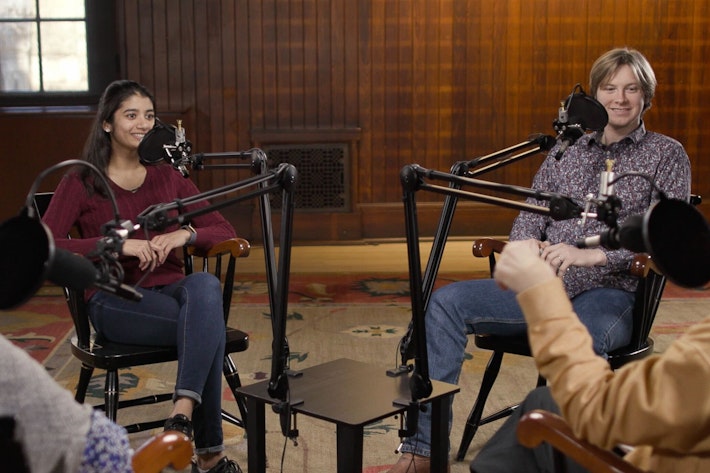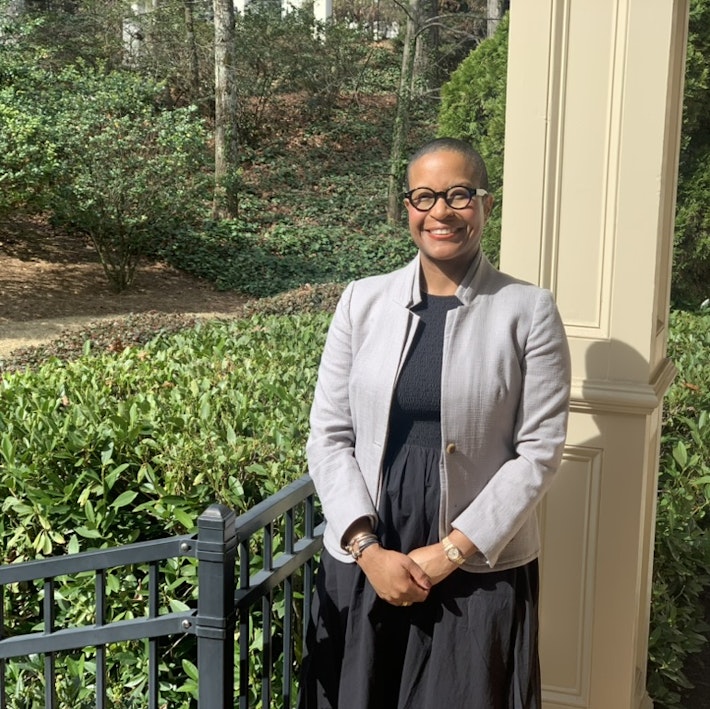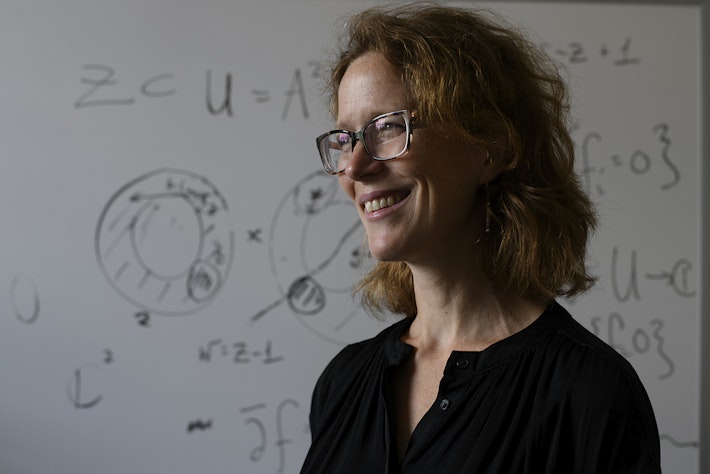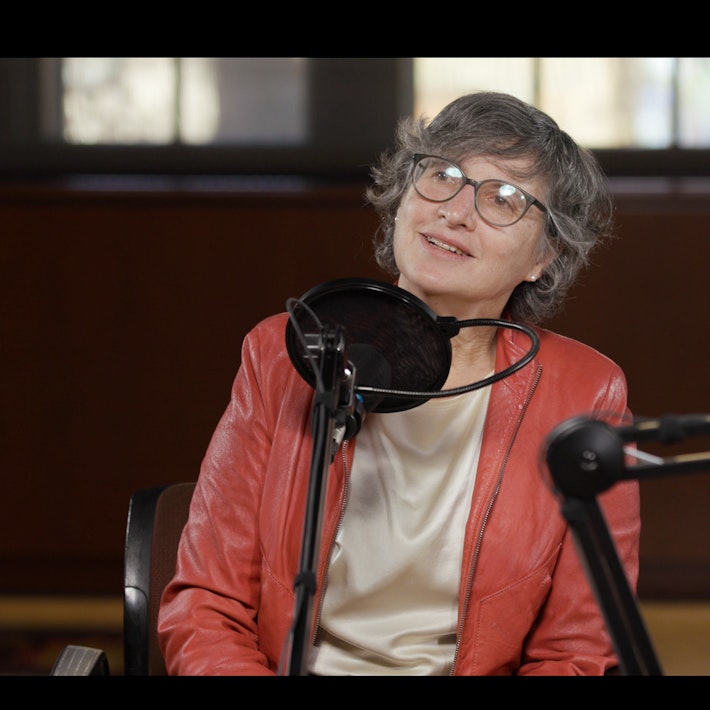Slow-Simmering Solace
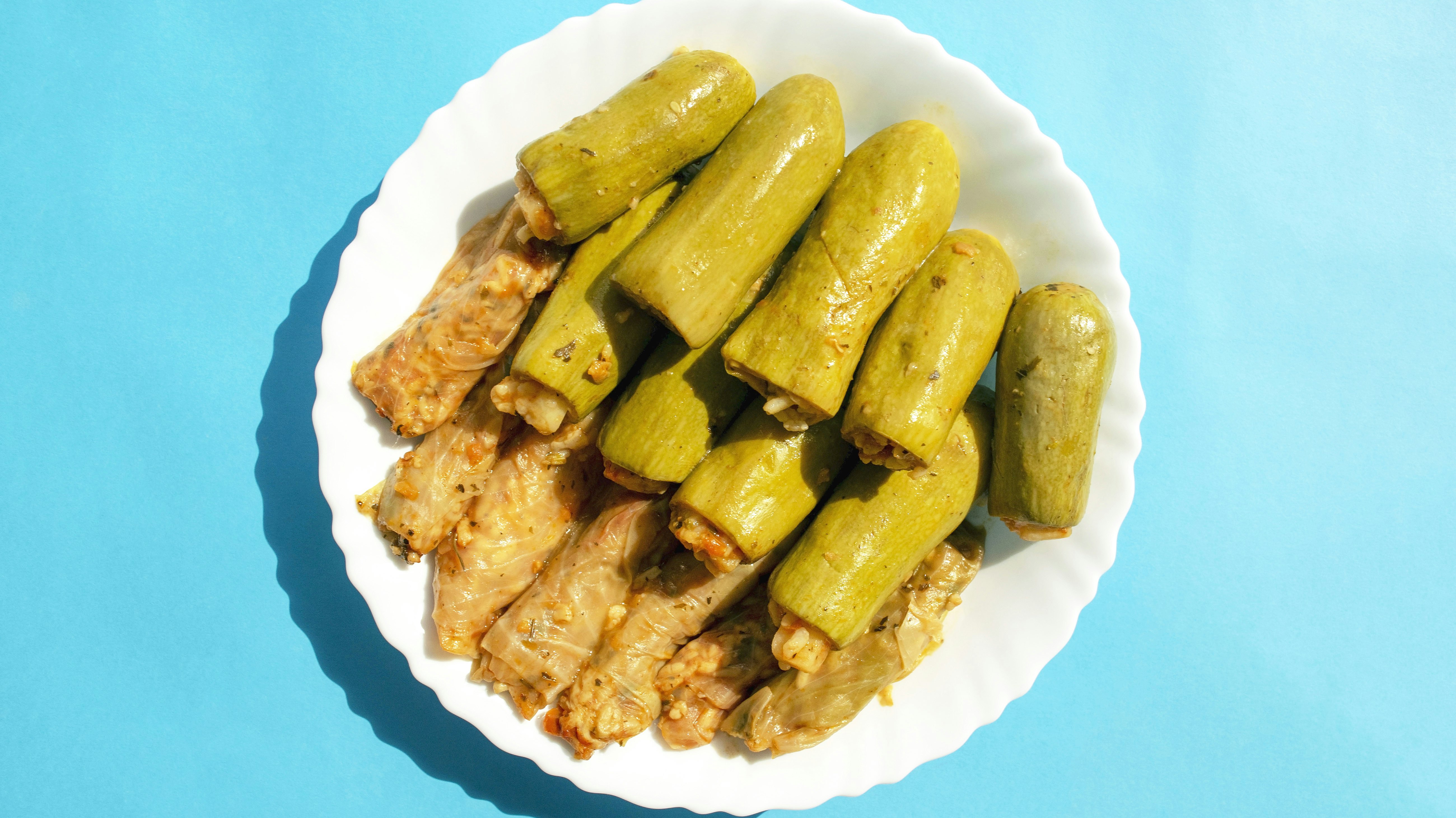
When the pandemic began, I had already become accustomed to a diet of horrible political news.
A year into working as an editor at a Washington magazine, I was spending long nights covering our dysfunctional national politics and living on restaurant hamburgers and beer. But as everything got even more bleak, I started cooking again. I needed a little comfort.
Mahshi is Egyptian comfort food. The word “mahshi” means stuffed, and since March I’ve devoted hours each week to this labor-intensive fare. I delicately hollow out zucchini and eggplant and peppers, fill them with a mixture of rice and tomatoes and onions and herbs, and slow cook it all in a pot of broth with a carrot lining until the veggies and their interiors melt in my mouth. In the comfortless COVID world, I find that all the prep—along with the hour or two that the stuffed vegetables bubble in the pot—gives me just enough space to think about how close and how far Cairo feels.
When I was in Egypt, I would order a platter of mahshi after a tough day. I lived there for five tumultuous years, and when I moved back to the United States in 2017, I spent my time at Radcliffe studying how Arab artists persevere in the face of tyranny. By the end of the fellowship, I felt an urgency to return to Washington and cover the tumult here. Since the early weeks of lockdown, I’ve had plenty of time in my one-bedroom apartment to stew on it. The pace of the news has accelerated even as the news itself has become more dire, and staying informed seems like the only thing in our power to do.
I started making mahshi by carefully following the meandering recipe—part anthropology and part oral history—from my friend’s blog. The dish is so popular in Egypt that grocers sell the vegetable vessels already hollowed out, but here I was clumsily deploying every tool in the kitchen drawer to get the shapes just right, nicking my fingers along the way. I cracked a melon baller in half as I tried to excavate the innards of the eggplant in the first batch.
The second time I mixed the filling, I followed the recipe a little less dutifully and found a better way to strip out the zucchini. By the third week, I guesstimated the proportions entirely, and now stuffed them with whatever lingered in my fridge—that half-onion and the nearly turned tomato, of course, but also some mint leaves and ginger and jalapeno. By the fourth or fifth batch, I had tried bulgur instead of rice, cilantro in place of dill.
While I eat mahshi for lunch, I edit stories about the inequalities laid bare by COVID—the lack of oversight as meatpackers work elbow to elbow, debt collectors snatching stimulus checks, populist autocrats seeking political gain in a devastating pandemic. Hours after my shift, I’m still hitting reload. It feels like there’s more to know, and too much to read. Even while I cook, I can’t help but listen to All Things Considered.
I’m lucky to work at a news magazine and I love it, but there’s a sad realization that the more informed you are … the more you know about how bad things really are. I’m humbled by the opportunity to share hard truths with readers, and maybe they’re talking them over with their families at dinner.
I won’t be traveling to Egypt this year, as I normally do, but I’ll continue to read every story about the coronavirus in the country’s prisons and the crackdown on meme makers, checking in with friends and colleagues and wondering when I’ll see them next. All the while, my apartment smells sweetly of simmering vegetables, with me hoping that the rice will cook quickly but knowing that mahshi always takes a little longer than I think.
This essay appeared in the Fall 2020 issue of Radcliffe Magazine.
Jonathan Guyer was a 2017–2018 fellow at Radcliffe. The managing editor of the American Prospect, he spent five years researching Arabic comics in Egypt and has written for the New York Times, the New Yorker, and the Paris Review.


